Life Skills
Intent and Aims
Through the teaching of all aspects of the Life Skills curriculum that we have designed for years 7 to 13, we want to enable students to understand their place in their communities – whether that’s at school, at home or in wider society. They learn how they can affect and influence those communities through the decisions that they make. In order to enable them to make good decisions, we introduce learners to a wide range of topics within the Life Skills curriculum and encourage them to explore their own opinions about the subject matter, developing each individual’s cultural capital through their own experiences and that of others.
The National Curriculum states that: ‘all schools should make provision for personal, social, health and economic education (PSHE), drawing on good practice'. Whilst there is statutory guidance for RSE and Health Education (DfE 2020), the rest of the Curriculum is not predetermined - nor is it at KS2, meaning our students arrive at Moulton with wide ranging prior knowledge. As such, we aim to respond to the specific needs of our students; which evolve year on year, by providing the content that they need, when they need it. This includes units about CEIAG, Personal Finance, Citizenship and Moulton’s Values, which encourage every student to be the best that they can be. At Key Stage 4, students’ SMSC education is also fulfilled via the Ethics programme of study, which runs alongside the Life Skills Curriculum.
To view the Life Skills resources, please see the link at the bottom of this page.


